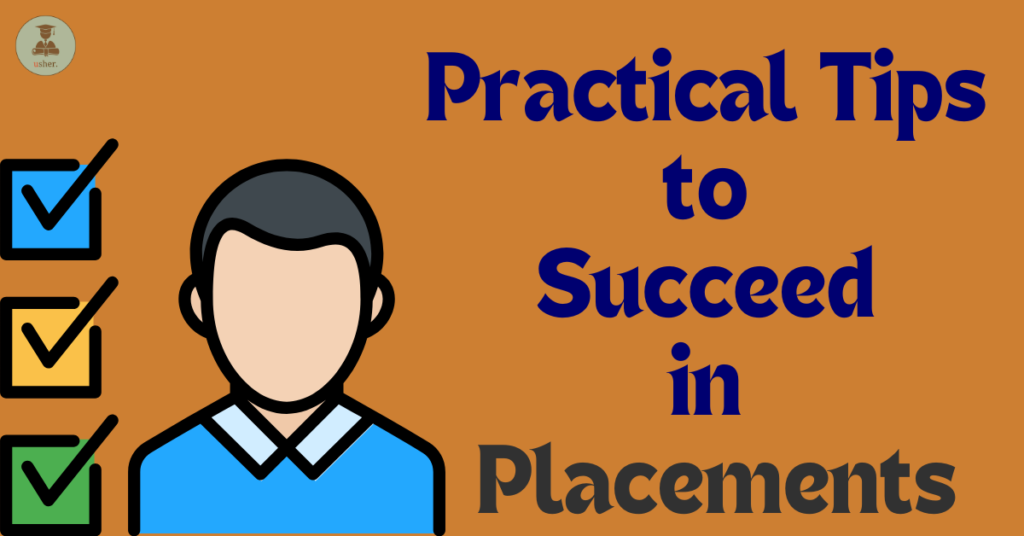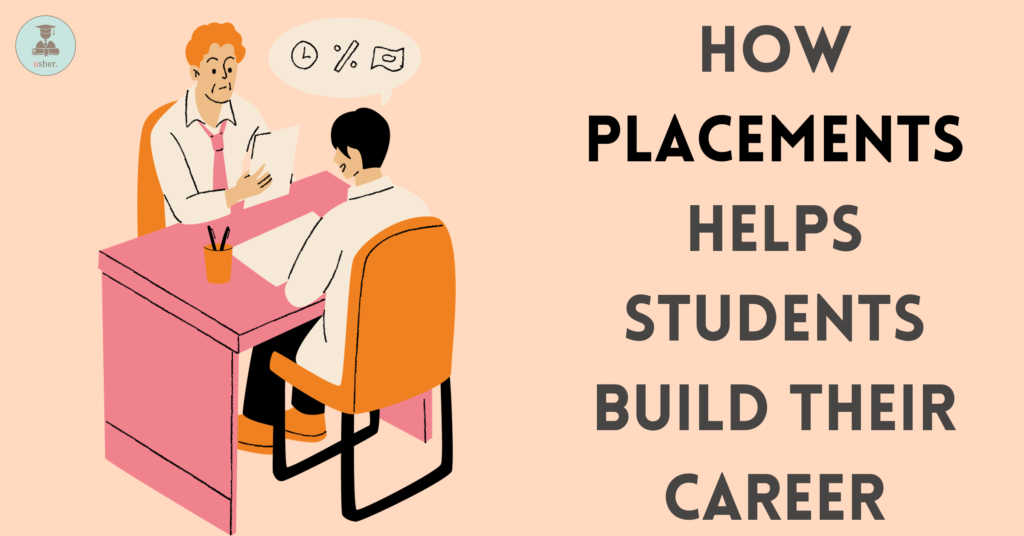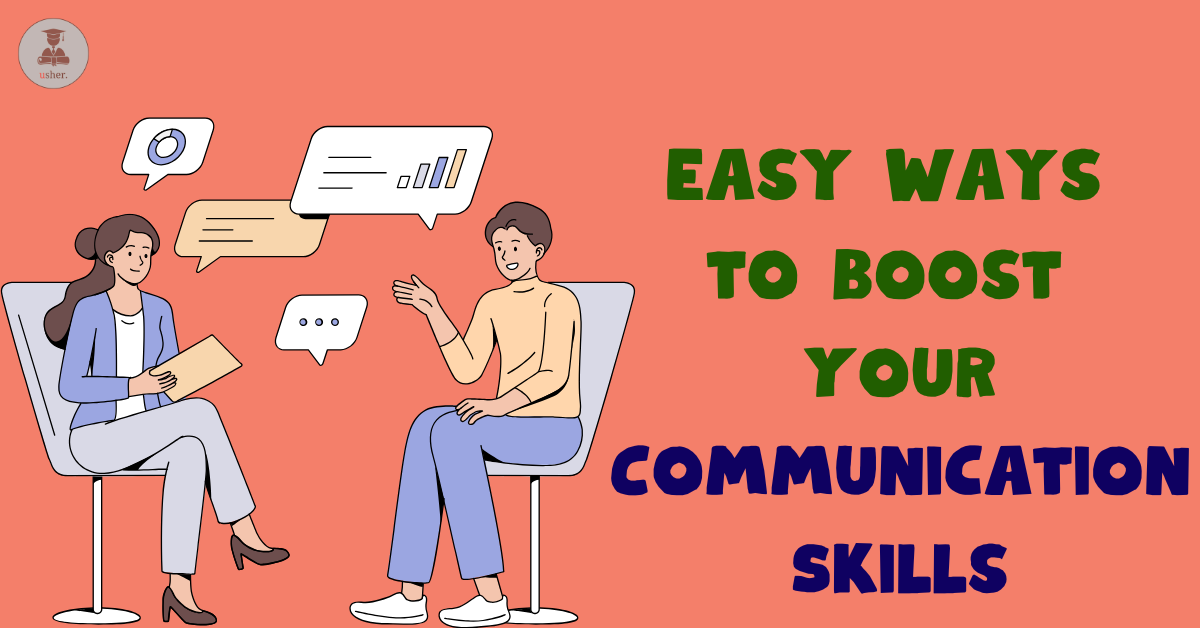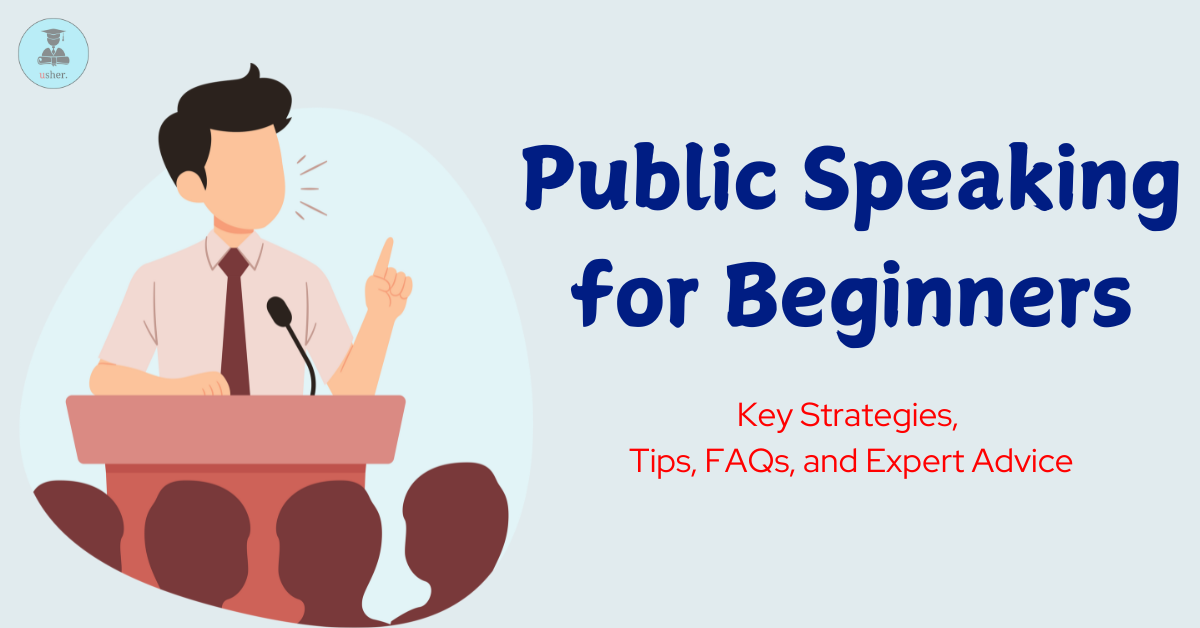When it comes to placements, it’s natural for students to feel a mix of excitement and nervousness. It’s a big milestone, with lots at stake, and for many, it’s the first step into their careers. But along with the thrill, placements can bring a fair share of challenges—from dealing with competition to managing rejections.
This guide will walk you through essential and practical tips to succeed in placement preparation and common obstacles faced by students during placements and solutions to help you land your dream job.
Let’s dive in, step by step, so you feel prepared, confident, and ready for anything!
Essential Tips for Placement Preparation
No matter how daunting the process may seem, remember to stay organized and focused on your goals.
Here are all the practical tips you need to prepare and get through the placement season:
1. Start Early with Skill-Building
Focus on building skills that will make you job-ready early on. Whether it’s coding, communication, or teamwork, the earlier you start, the more confident you’ll feel.
Action Plan: Identify the key skills for your desired field and work on them. Platforms like Coursera and Udemy offer affordable courses in diverse skills.
2. Network Actively
Your network can play a huge role in helping you find opportunities, receive referrals, and gain advice from industry professionals.
Action Plan: Connect with alumni and professionals on LinkedIn, join career-related groups, and attend webinars or campus events.
3. Practice Common Interview Questions
Prepare answers to common interview questions like “Tell me about yourself” and “What are your strengths and weaknesses?” Practice your responses until they feel natural.
Action Plan: Write down sample answers and rehearse them, either alone or with a friend. Focus on clarity, confidence, and honesty.
4. Update Your LinkedIn Profile
Your LinkedIn profile is often the first impression recruiters get of you. Make sure it’s polished, complete, and highlights your achievements.
Action Plan: Use a professional photo, write a concise headline, and list your relevant skills. Ask for recommendations from professors or peers.

5. Prepare for Group Discussions (GD)
In many placements, group discussions are used to assess your ability to communicate, think critically, and work in a team. Be clear, concise, and respectful to others in the discussion.
Action Plan: Practice GDs with friends or classmates. Focus on articulating points well, respecting others’ input, and avoiding interruptions.
6. Research the Company and Role Thoroughly
Knowing about the company and the specific role you’re applying for can make a big difference in your interview performance. It shows recruiters that you’re genuinely interested and prepared.
Action Plan: Review the company’s website, recent news, and employee reviews to understand its culture and values. Familiarize yourself with the role’s requirements and relate them to your skills and experiences.
7. Develop Problem-Solving Skills
Many recruiters look for candidates who can approach problems logically and find solutions under pressure. Practicing problem-solving can give you an edge, especially in case-study rounds.
Action Plan: Take part in problem-solving exercises, participate in hackathons, or solve case studies related to your field.
8. Work on Presentation Skills
For positions requiring client interaction or project management, presentation skills are key. Being able to clearly and engagingly present your ideas can set you apart from others.
Action Plan: Practice presenting your projects or skills concisely. Join college clubs or groups where you can practice public speaking and receive feedback.
9. Build a Portfolio of Projects
For fields like IT, design, and marketing, a portfolio can be a powerful addition to your resume. It showcases real-world experience and gives recruiters a glimpse of your hands-on skills.
Action Plan: Create a digital portfolio with descriptions of your projects, tools used, and any results achieved. Platforms like Behance, GitHub, or even a personal website can work as your portfolio.
10. Prioritize Self-Care and Stress Management
Preparation is essential, but so is taking care of yourself. Staying calm and collected during placements can impact your performance positively.
Action Plan: Develop a routine that includes breaks, exercise, and relaxation techniques. Mindfulness practices, a balanced diet, and sufficient sleep are crucial for maintaining peak performance.
Read our blog that talks about:
Top Soft Skills Recruiters Look For
Along with your technical skills, having strong soft skills can really make you stand out from the crowd of candidates.
Here are some soft skills that recruiters often look for:
Soft Skill | Description | Why Recruiters Value It |
Communication | Ability to convey ideas clearly and listen actively to ensure effective collaboration. | Enhances teamwork, ensures clarity, and reduces the chances of miscommunication. |
Teamwork | Capability to work collaboratively in a group setting, contributing to common goals. | Promotes a harmonious and efficient work environment, achieving collective goals effectively. |
Adaptability | Being flexible and open to change, easily adjusting to new situations or challenges. | Demonstrates resilience in dynamic environments, making transitions smoother for teams and organizations. |
Problem-Solving | Using critical thinking to find solutions to issues, often under pressure or tight deadlines. | Drives innovation, ensuring challenges are addressed efficiently and creatively. |
Time Management | Organizing tasks effectively to prioritize and meet deadlines efficiently. | Reflects reliability and ability to handle workloads without compromising quality. |
Leadership | Inspiring and guiding teams towards achieving shared objectives, with accountability. | Encourages high performance, motivates teams, and ensures alignment with company goals. |
Emotional Intelligence | Recognizing and managing your emotions and understanding others’ feelings to foster positive relationships. | Builds trust, strengthens relationships, and improves conflict resolution within teams. |
Creativity | Generating innovative ideas and approaches to tackle challenges or improve processes. | Adds value by fostering innovation and keeping organizations ahead of competitors. |
Conflict Resolution | Handling disputes effectively to reach amicable solutions while maintaining professional relationships. | Maintains team harmony and prevents disputes from escalating, ensuring productivity. |
Work Ethic | Demonstrating dedication, reliability, and professionalism in accomplishing tasks. | Reflects dependability, enhancing organizational culture and productivity. |
Understanding Placement Challenges
We totally understand that placements can be really tough, and they come with their own set of challenges that might leave you feeling anxious and stressed. But if it gets overwhelming, it can really impact how you perform when you need to show the most.
Here are some common challenges and solutions you might face during placements:
1. The Pressure of Competition
What Happens?
With everyone vying for limited spots, the placement season feels intense. Many students worry about how they’ll measure up to others, especially on campuses with high-achieving peers.
Solution
Focus on self-improvement rather than comparing yourself with others, focus on personal growth. Ask yourself, “How can I improve my skills and strengths?” Instead of getting intimidated by competition, let it drive you to prepare better.
2. Managing Rejections and Building Resilience
What Happens?
Rejections can feel disheartening, especially when they’re frequent. It’s hard to stay motivated after hearing “no” multiple times.
Solution
View rejection as feedback instead of taking rejection personally, see it as a learning tool. Identify what didn’t work, refine your approach, and improve. Remember, each “no” brings you closer to the right “yes.”
3. Lack of Preparation for Aptitude and Technical Rounds
What Happens?
Aptitude and technical tests often catch students off guard. Many don’t know how to prepare or where to start, which leads to anxiety and poor performance.
Solution
Spend time on mock tests for aptitude and technical skills. Familiarize yourself with the test format and work on time management. Websites like HackerRank and LeetCode are great for technical practice, while aptitude resources can help with quantitative rounds.
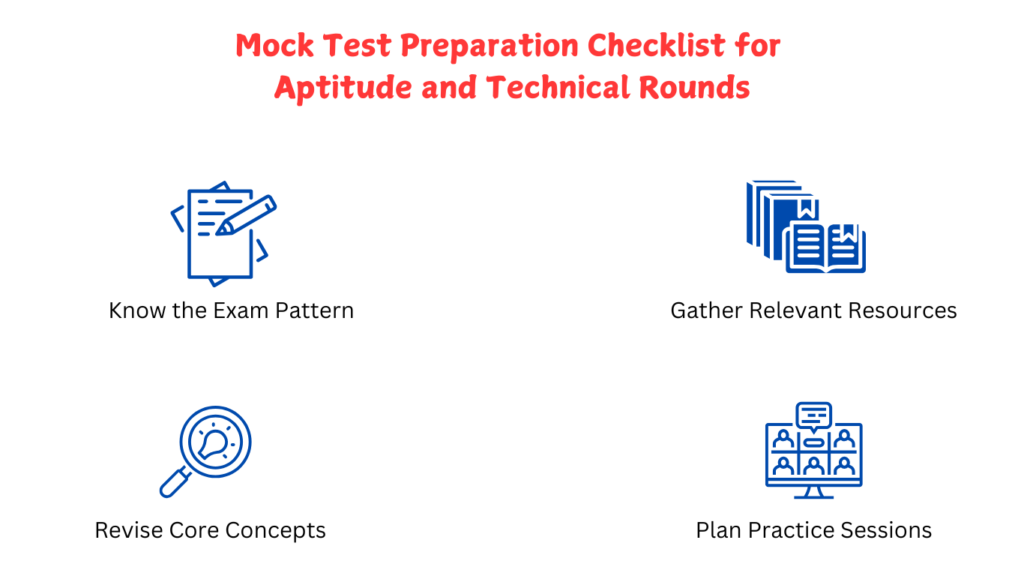
4. Anxiety During Interviews
What Happens?
Interviews are naturally nerve-wracking. Even the most prepared students may struggle with anxiety, causing them to blank out or underperform.
Solution
Practice Mock Interviews and Relaxation Techniques -Prepare with mock interviews to get comfortable with common questions. Practice breathing exercises or mindfulness techniques to calm your nerves. And remember—interviewers want to see the real you!
5. Building a Strong Resume
What Happens?
A lot of students don’t realize that a resume isn’t just a list of achievements. A well-crafted resume can help you stand out, but it needs to be tailored and polished.
Solution
Focus on creating a resume that highlights relevant skills and achievements for each role. Use tools like Canva or Zety for templates and always proofread for any errors. Don’t forget to include metrics to quantify your achievements.
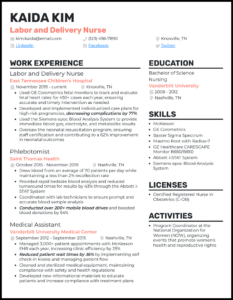
6. Start Early and Build Relevant Skills
What Happens?
When you’re just starting out, it can be tough to know which skills will be most valuable. But skill-building is key, especially if you start early. The placement process often assesses both technical and soft skills, so giving yourself time to develop a well-rounded skill set will make you more competitive.
Whether it’s learning specific tools for your field, working on communication, or understanding industry trends, it’s a continuous process.
Solution
Take a look at the skills required for roles you’re interested in and start working on them gradually.
For technical skills, online learning platforms like Coursera, Udemy, and Khan Academy offer structured courses that let you learn at your own pace. For soft skills, consider joining campus clubs or attending workshops.
This gives you real-life practice in areas like communication, teamwork, and leadership.
7. Networking
What Happens?
Networking might feel intimidating at first, but building a professional network can open doors to unexpected opportunities.
Many students miss out on networking because they think they don’t have enough experience to make connections, but that’s not the case. Networking isn’t just for job searching; it’s about learning, mentorship, and support.
Solution
Begin by connecting with your classmates, professors, and alumni on LinkedIn.
These connections can introduce you to people in the industry and share insights on the hiring process. Attend campus events, career fairs, and webinars where you can meet recruiters or industry experts.
Don’t hesitate to join online communities or professional groups related to your field.
8. Common Interview Prep
What Happens?
Interviews often start with a few standard questions like “Tell me about yourself” or “What are your strengths and weaknesses?”
These may seem simple, but they can catch you off guard if you’re not prepared. Preparing for these common questions will not only help you appear more confident but will also give you a chance to steer the interview in a way that highlights your strengths.
Solution
Write down answers to these standard questions in your own words, focusing on key points you want to convey. Practice with friends or use a mirror to build confidence.
It’s also helpful to read up on the STAR (Situation, Task, Action, Result) method, which helps you frame answers to behavioral questions. This technique is especially useful for questions where you need to talk about past experiences.
9. Keep Your LinkedIn Profile Polished and Professional
What Happens?
Your LinkedIn profile is often the first impression recruiters have of you. If your profile is incomplete or outdated, it might come across as unprofessional.
A well-crafted profile makes you easier to find in recruiter searches and can help you stand out from other candidates.
Solution
Start with a professional photo and a strong headline that reflects your career goals or field of study. In your “About” section, write a concise summary that showcases your skills and aspirations.
List your relevant skills, projects, and achievements, and ask for recommendations from professors, supervisors, or mentors who can vouch for your abilities. Don’t forget to add keywords related to your field, as they’ll make your profile more searchable.
10. Group Discussion Preparation
What Happens?
Group discussions (GDs) are often used to assess your communication, teamwork, and critical-thinking skills.
Many students find GDs challenging because they’re not just about speaking up; they’re about speaking effectively while listening and respecting others.
It can be intimidating, especially when others are speaking confidently or passionately about a topic.
Solution
Organize mock GDs with your friends or classmates to practice. Focus on making your points clear and concise.
Listen actively to others, and show respect by acknowledging their points, even if you disagree.
Avoid dominating the conversation; instead, aim to contribute valuable insights.
Practicing with diverse topics will help you get comfortable, and feedback from peers will make you aware of areas you can improve.
Wrapping Up
Placement season can be stressful, but with the right strategies, you can handle it confidently. Remember, every step—from building your resume to handling interview anxiety—is part of the learning process. Focus on improving a bit every day, keep a positive outlook, and trust in your abilities. And whenever you feel overwhelmed, remind yourself that placements are just the start of your journey—not the final destination.
Good luck, and remember: You’re not just preparing for a job but for a future that’s entirely yours to create!

